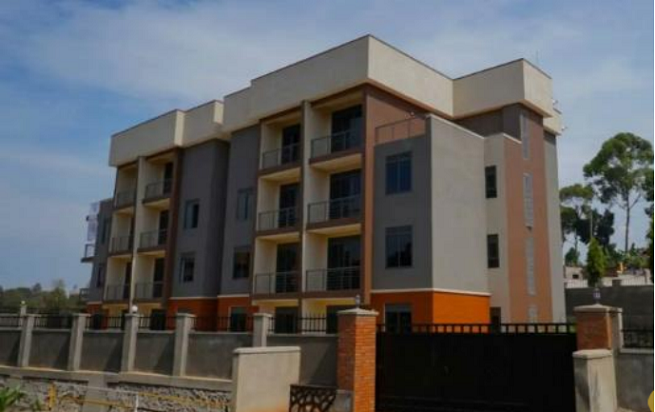Ronald Muyanja, the Trading, Global Markets Head at Stanbic Bank Uganda
Business sentiment in Uganda’s private sector remained positive but slow in September on account of new orders and higher output, according to the monthly Stanbic Bank Purchasing Managers Index (PMI).
The headline PMI registered 52.5 in September compared to the 50.2 in August; a weak gain although still above the 50.0 threshold for the third month running.
Nonetheless, the latest reading is slightly lower than the monthly average of 52.9 recorded since the survey first began in June 2016.
Ronald Muyanja, the Trading, Global Markets Head at Stanbic Bank Uganda said, the Ugandan private sector was able to build on the return to growth seen during August at the end of the third quarter, registering a second consecutive gain in output and new orders.
“That said, employment and purchasing activity have continued to fall,” said Muyanja.
New orders increased for the second consecutive month amid a loosening of lockdown restrictions feeding through to higher customer numbers and improving demand.
In turn, business activity also expanded in September after having returned to growth in August; four of the five broad sectors covered by the survey signaled increases in output, the exception being wholesale & retail.
Jobless growth
Despite increases in output and new orders, companies lowered their staffing levels for the fourth successive month and continued to reduce their purchasing activity and inventory holdings.
In addition, while total new business continued to recover following the loosening of lockdown restrictions, international demand struggled again at the end of the third quarter. New export orders decreased for the thirteenth consecutive month. Overall, input prices rose on the back of higher purchase costs and increased utility charges.
Where purchase prices rose, analysts linked this to a range of items, most notably cement, food products and stationery; wage costs continued to fall, however, in line with the reducing trend in staffing levels.
Construction was the only one of the five broad sectors covered to buck the wider trend and record a rise in workforce numbers. The passing on of higher overall input costs to customers resulted in a first increase in selling prices since May.
Going forward, company executives were confident in further output growth over the coming year amid expectations of improvements in customer numbers and new order volumes.
Some 89% of respondents predicted a rise in activity over the next 12 months, with just 4% pessimistic, according to the survey. Optimism was widespread across the five broad sectors covered by the survey.






Some top companies such as Africell telecom company,GAME Stores closed due to losses during COVID-19 lockdown led to unemployment of the former staff.
Some top companies such as Africell telecom company,GAME Supermarket closed due to losses during COVID-19 lockdown led to unemployment of the former staff.